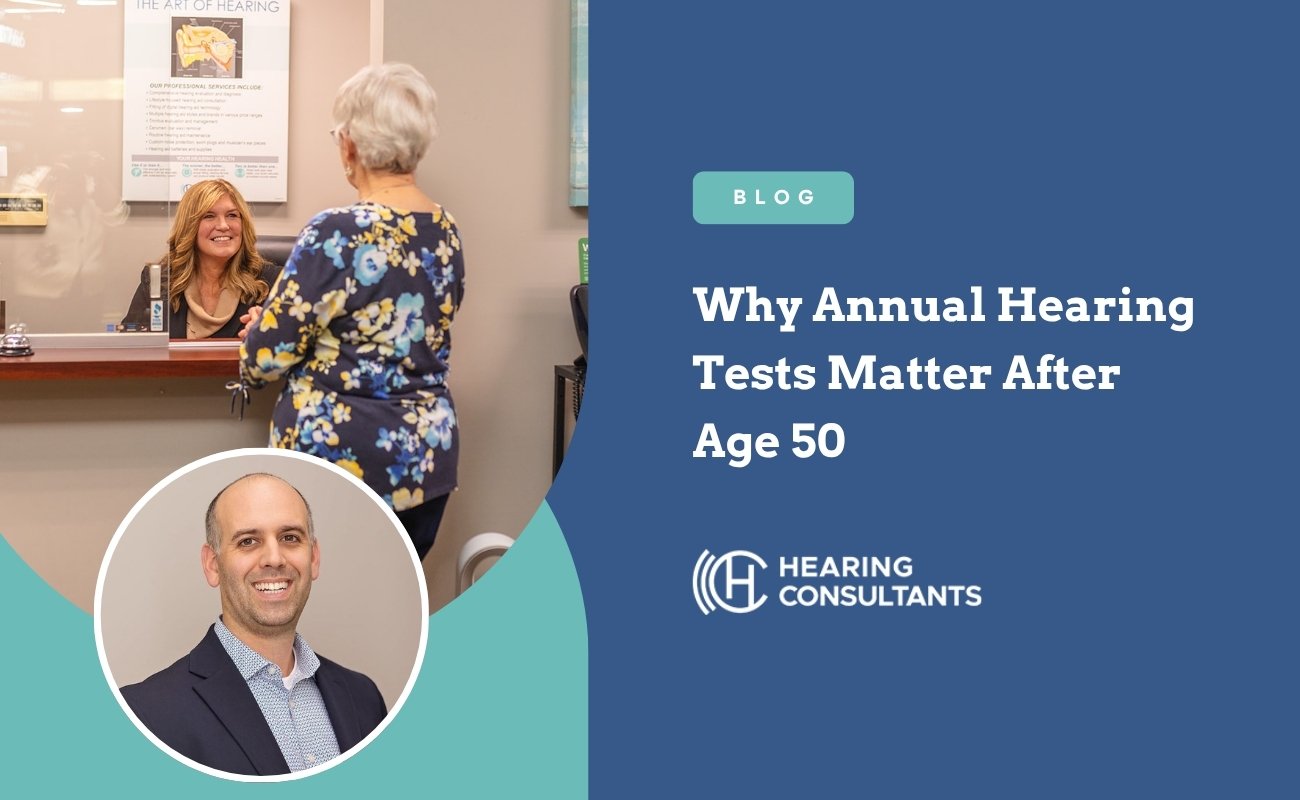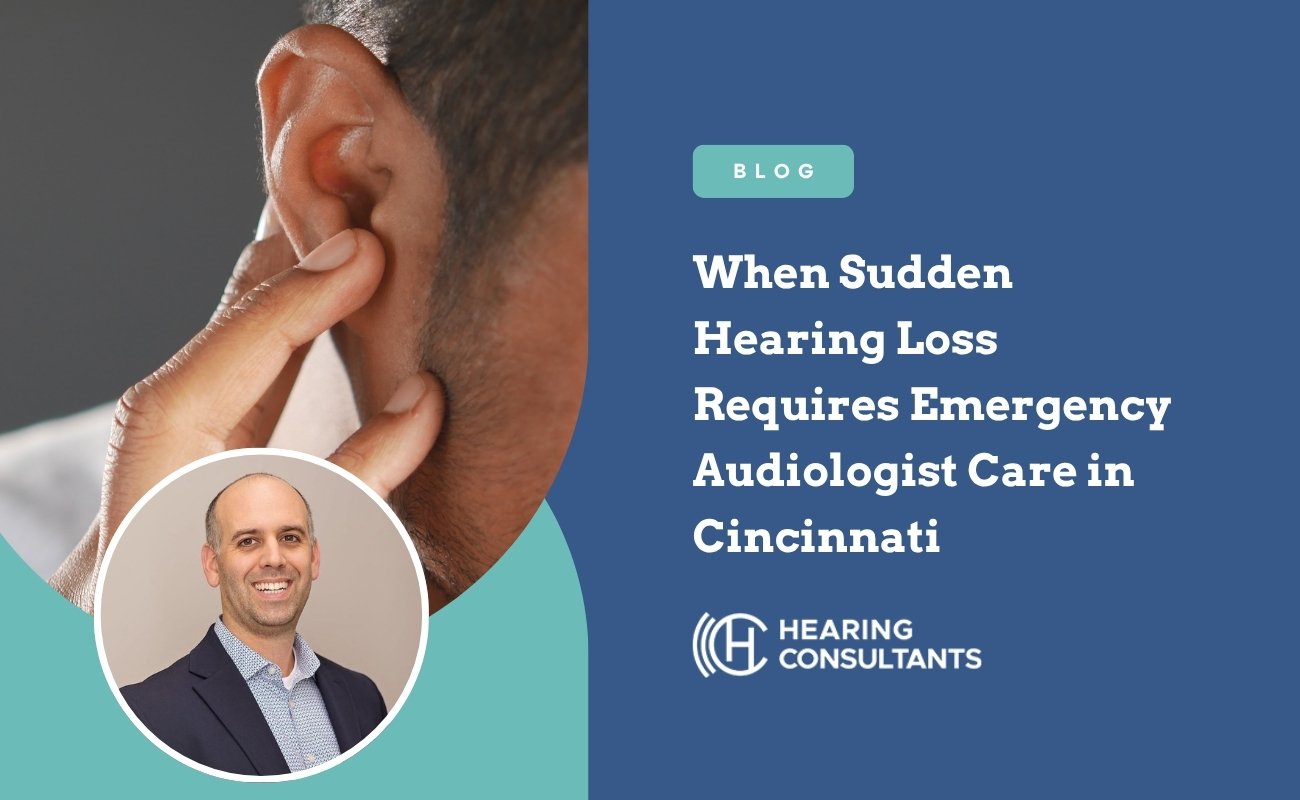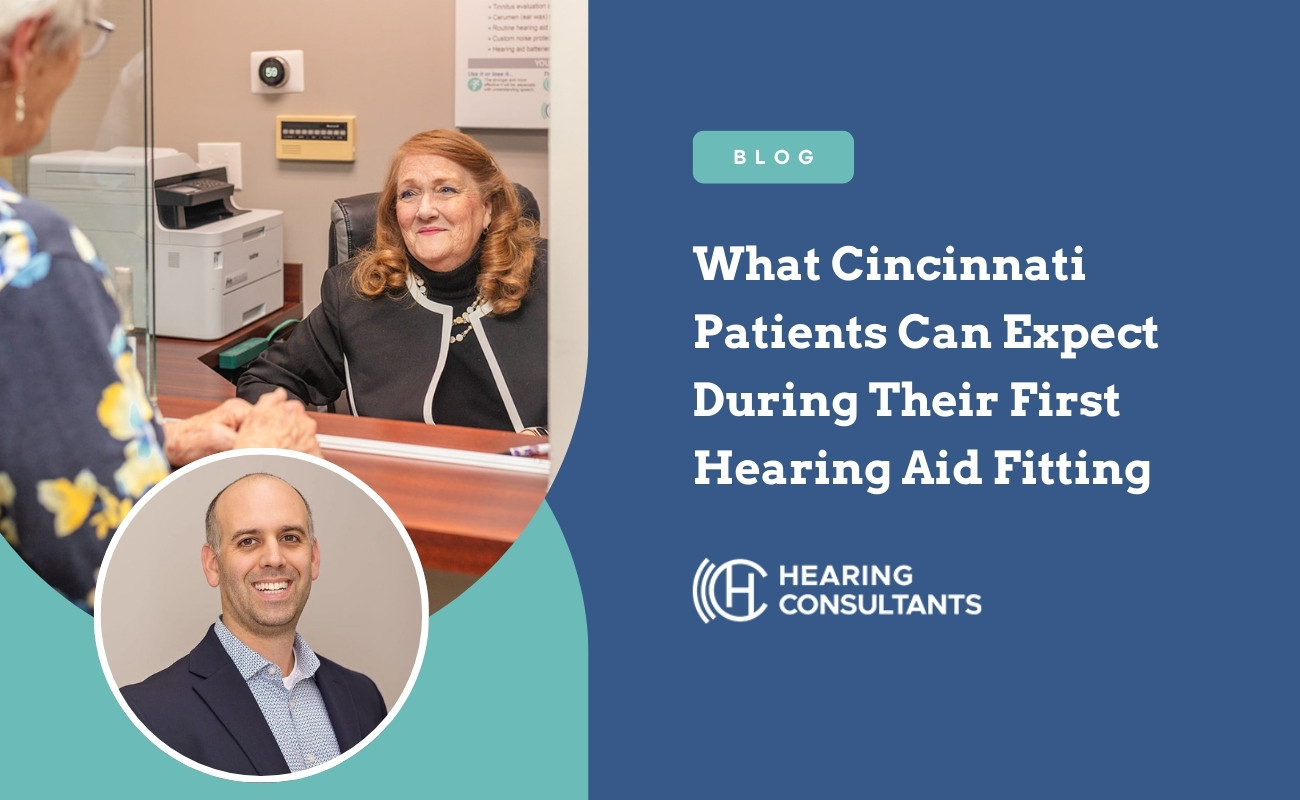Ways to Accommodate Your Loved Ones with Hearing Loss
Hearing loss can change life in ways you might not imagine. Whereas you might expect the condition to make talking on the phone difficult, but you might not expect that your loved one would face other symptoms, such as exhaustion, a short temper, and even an overwhelming cognitive load. Accommodating hearing loss entails much more than simply speaking more loudly. There are practical steps you can take to make hearing easier and to improve these associated conditions, as well. If there is one principle to remember, it is that patience will make any interaction better for all involved. Those who have hearing loss tend to feel frustrated, anxious, or otherwise overwhelmed in conversations, leading to understandable agitation. If you can keep your cool and remain calm in the face of the struggle to communicate, you can provide better accommodation in other domains, as well.
Audible Accommodations
When it comes to your speaking style, some people feel the need to change the way they talk in dramatic ways. Although this accommodation strategy can come from the best of intentions, the effect can be demeaning to some people with hearing loss. In the worst cases, slowing down your speech and using simple phrases punctuated by heavy consonants can make it seem like you’re talking to a child. Rather than modifying your speech, why not start with a simple increase in volume. Once you are steadily communicating, you can ask your loved one if there is anything you can do to make it easier to understand. Some people would like you to tend toward one “good ear” over the other. Others find it easiest to talk when they are able to see your face and lip movements. Although some people might ask you to slow down your speech, this strategy doesn’t work for everyone. Follow the lead of the person with hearing loss to accommodate effectively.
Positive Positioning
When you speak to someone with hearing loss, positioning is a crucial accommodation strategy. Perhaps the worst thing you can do for a person with hearing loss is to call out from another room. Not only are the material obstructions lowering the volume of your speech, despite your yelling or calling out, you are also invisible to the listener when you are speaking. Although it can be a deeply ingrained habit, make a habit of moving into the same room with the person who has hearing loss before you begin speaking. It is often helpful to stand not only in the same room but also right in front of the person, making it possible to use visual cues to interpret sound. Even when we don’t realize we are doing it, lip reading can be a helpful unconscious aid to what we hear.
Emotional Empathy
If you find that your accommodation strategies are not solving the communication problems you face with your loved one who has hearing loss, take a moment for active empathy. When you are out and about in the world, you might become frustrated at your loved one’s inability to decipher conversations, putting you in the role of an ad hoc interpreter. Rather than let your frustration get the best of you, why not take a moment to imagine what your loved one is experiencing and to understand the context. When you put yourself in their shoes, you might find that there is something simple you can do to fill in the gaps in the conversation. Taking a moment to imagine your loved one’s experience can lead to specific accommodation steps, but it can also help ease your frustration and resistance to the interaction. A simple relay from other speakers to your loved one might be enough to make the conversation easier for everyone involved, and an empathetic mind is the only way to discover how you can best be of assistance.
Treating Hearing Loss
Although accommodation strategies can make things easier for your loved one with hearing loss, treatment is the only durable option. When you choose to pursue assistance with us, you will get a complete diagnosis of the hearing loss as well as a recommendation of hearing aids that are suited to that diagnosis. Hearing aids can accommodate hearing loss through technology, easing the burden of communication for all involved. Contact us today to schedule an appointment for a hearing test, and reconnect with the ones you love!
Get in touch with
Hearing Consultants
Contact our clinic to schedule an appointment today!







